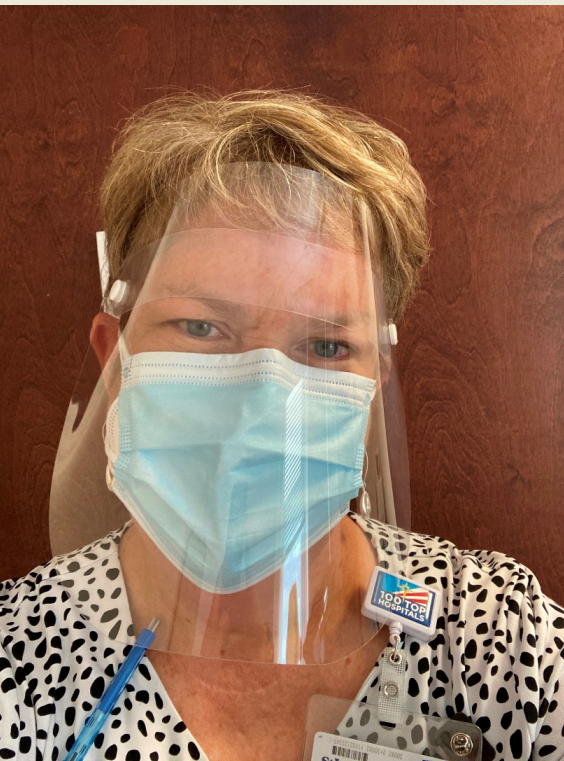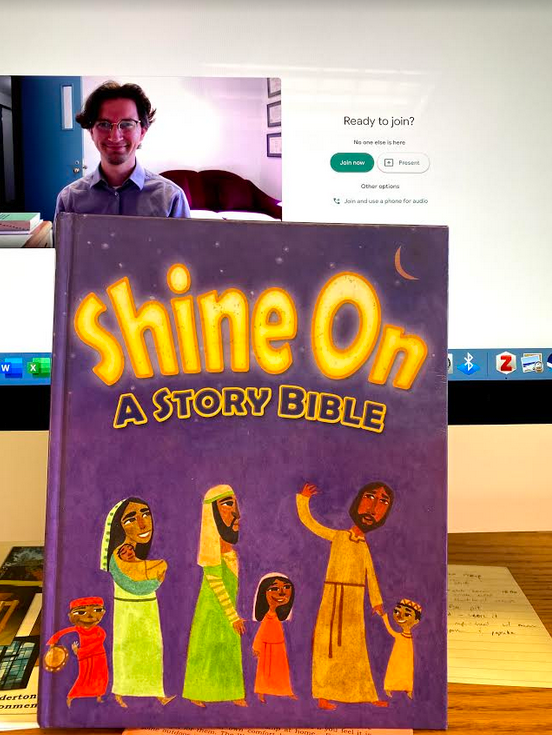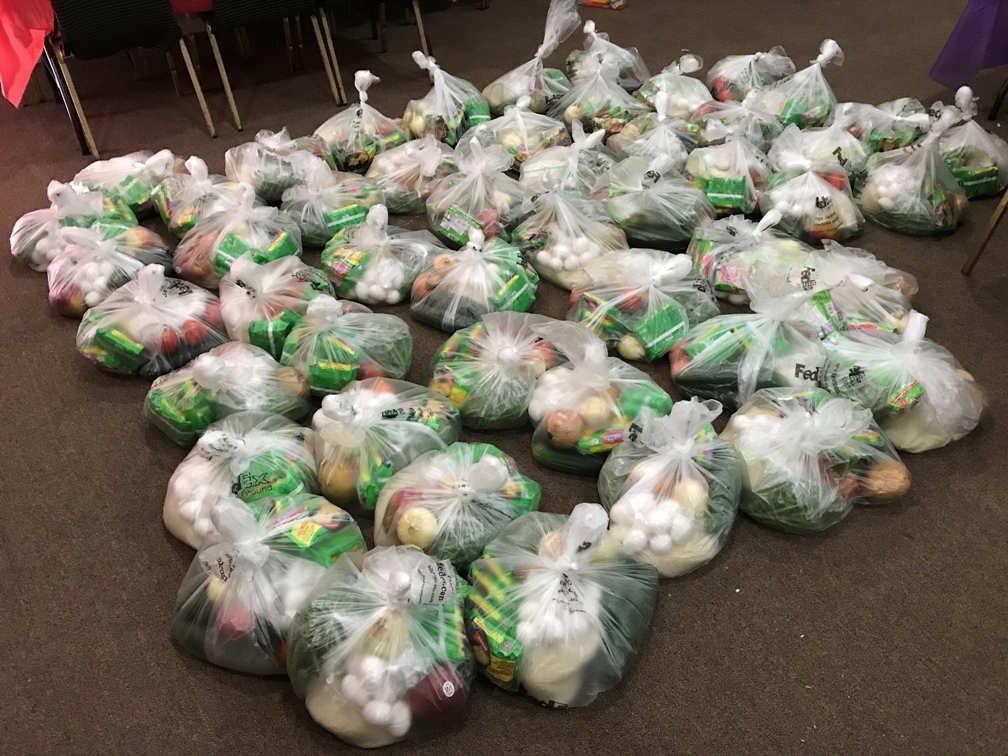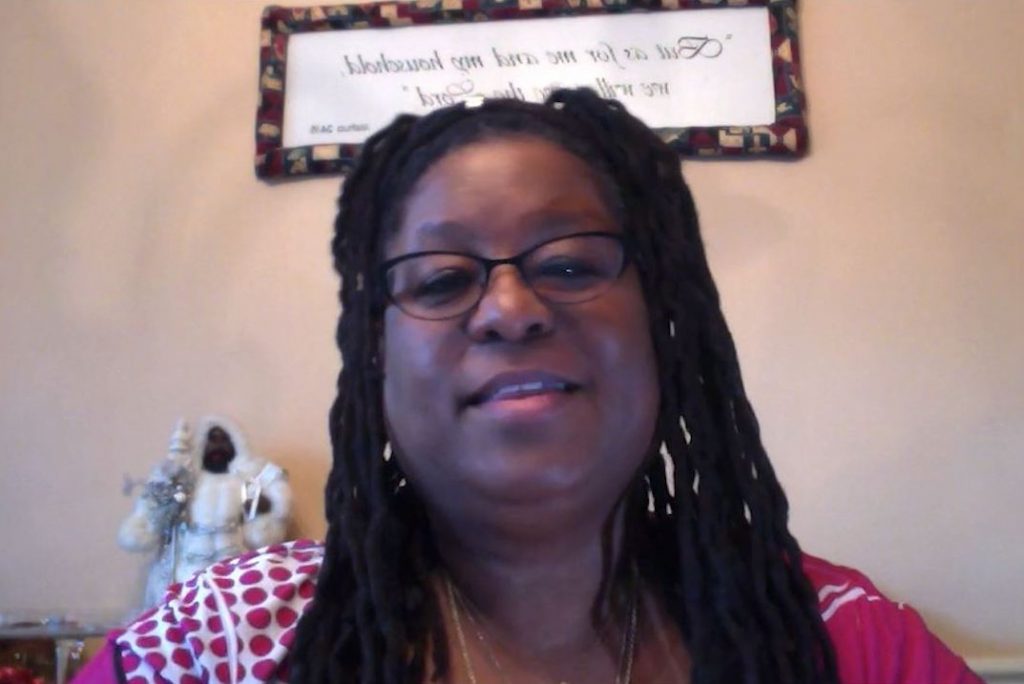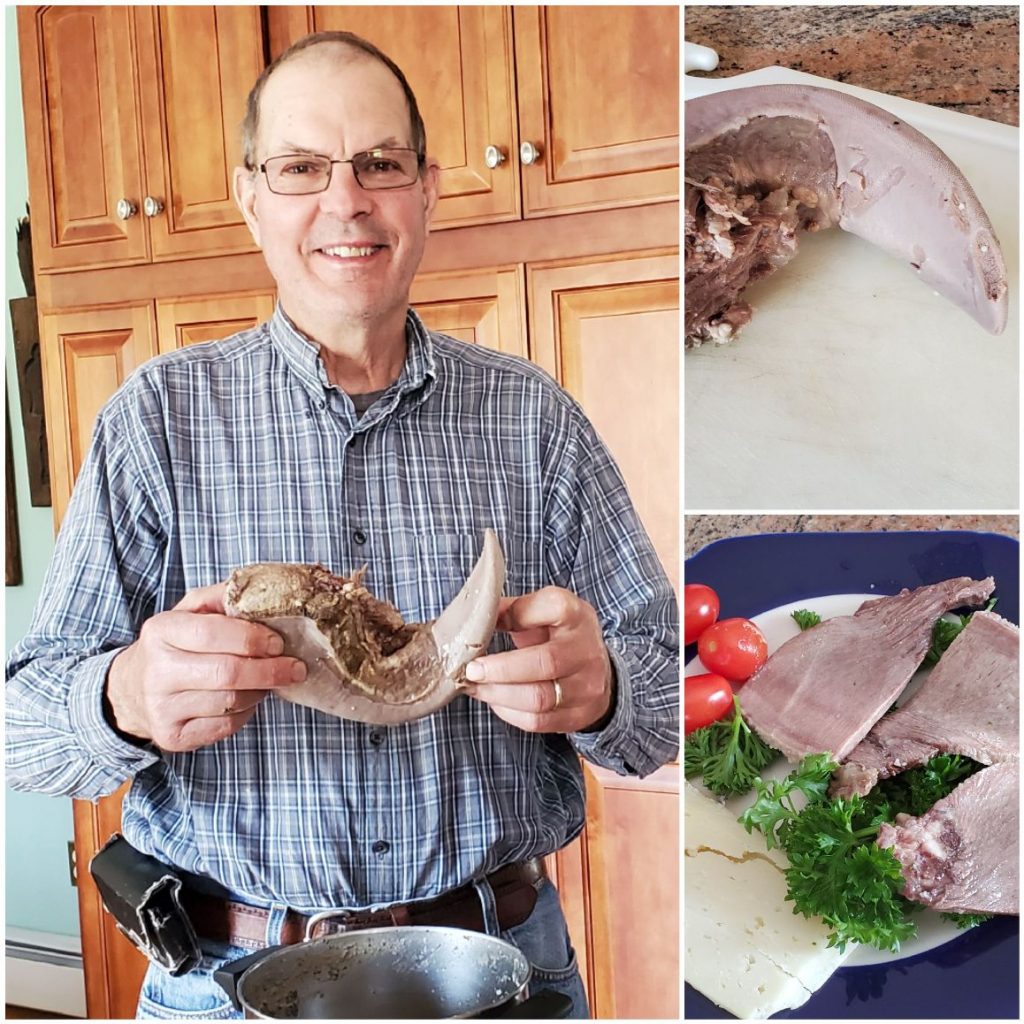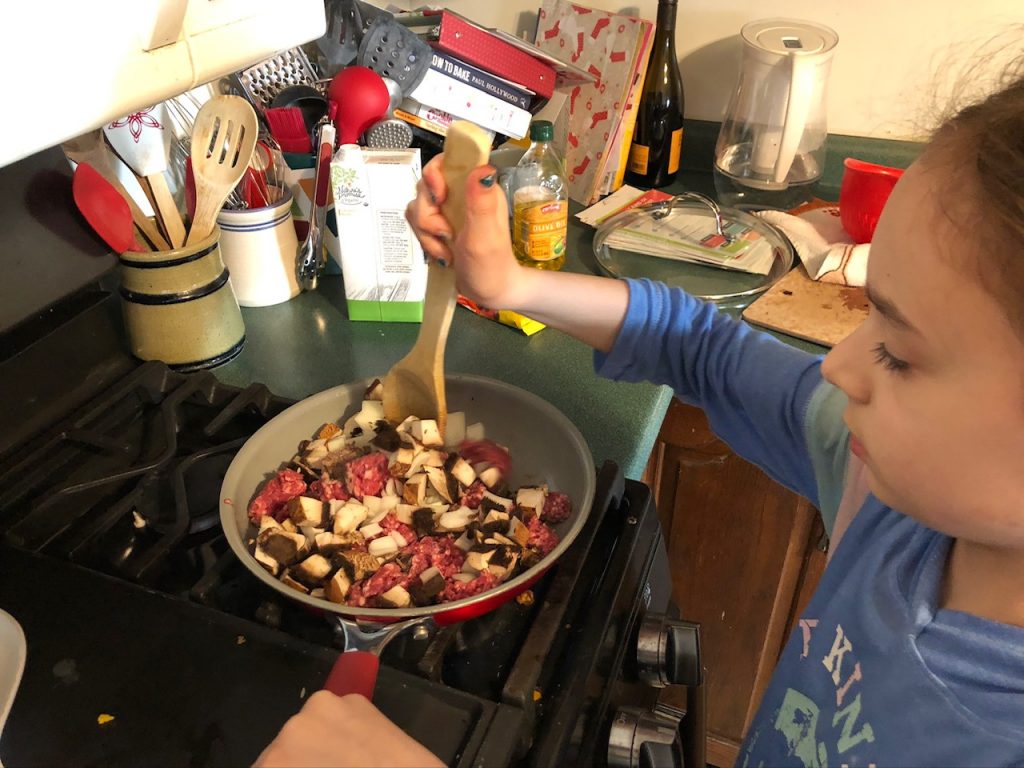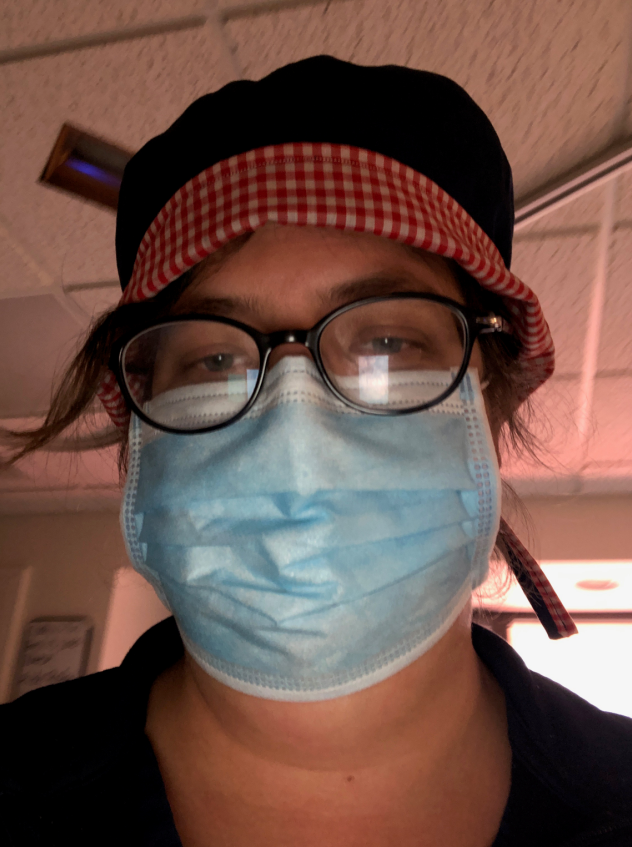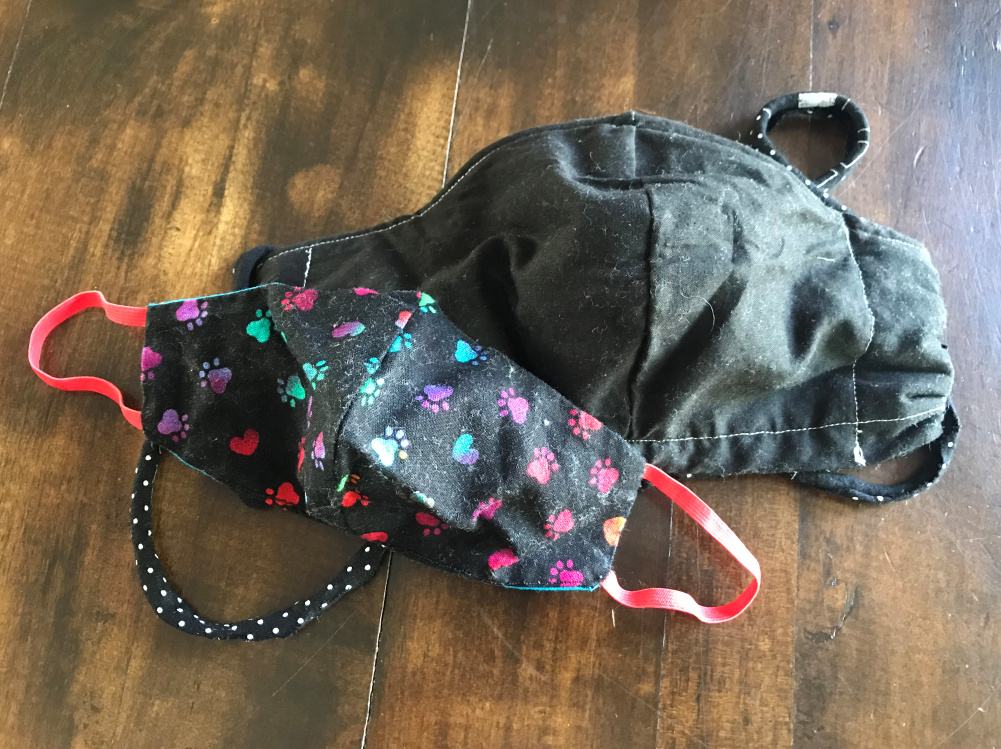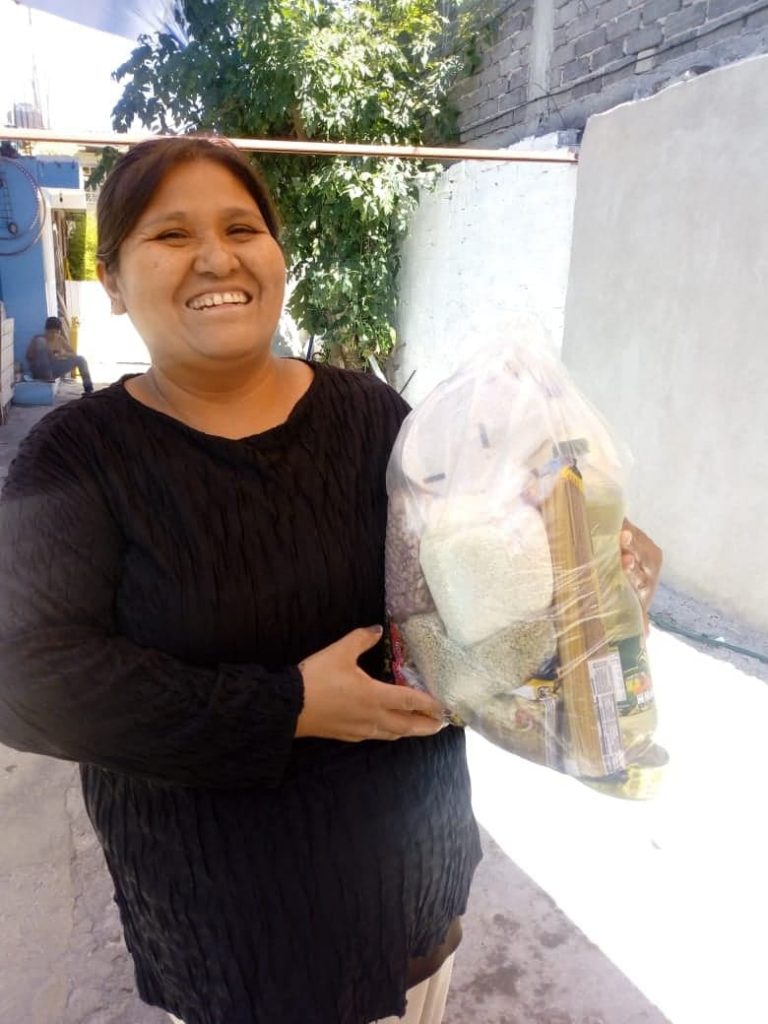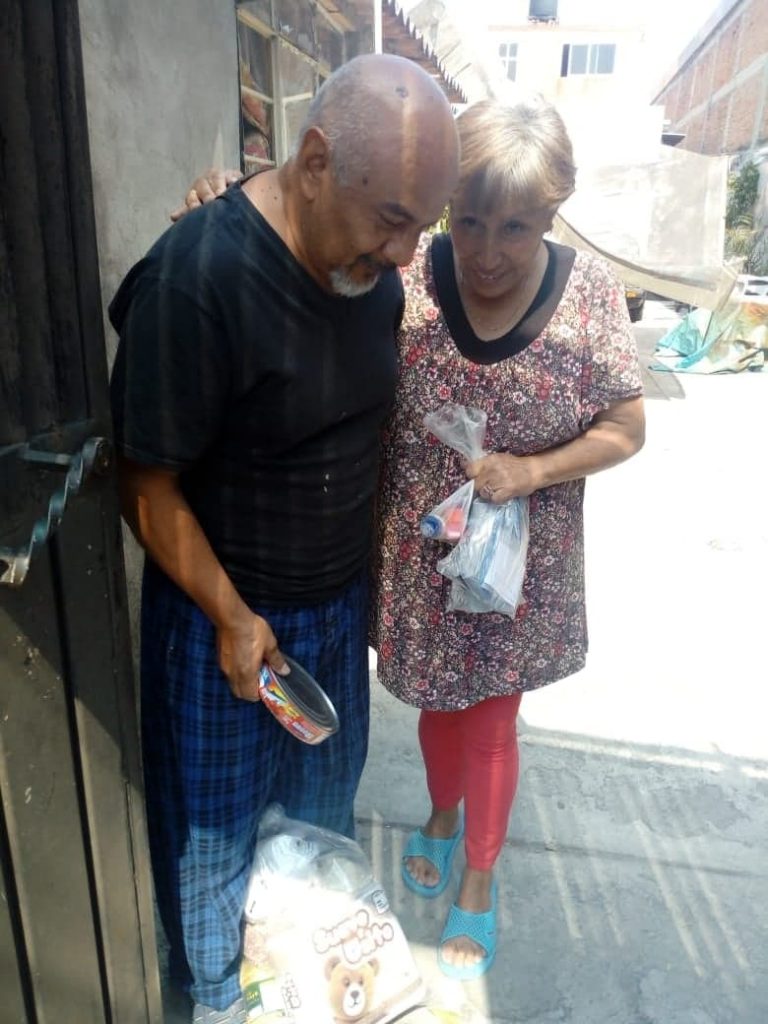by Brooke Martin, Community and Youth Formation Coordinator
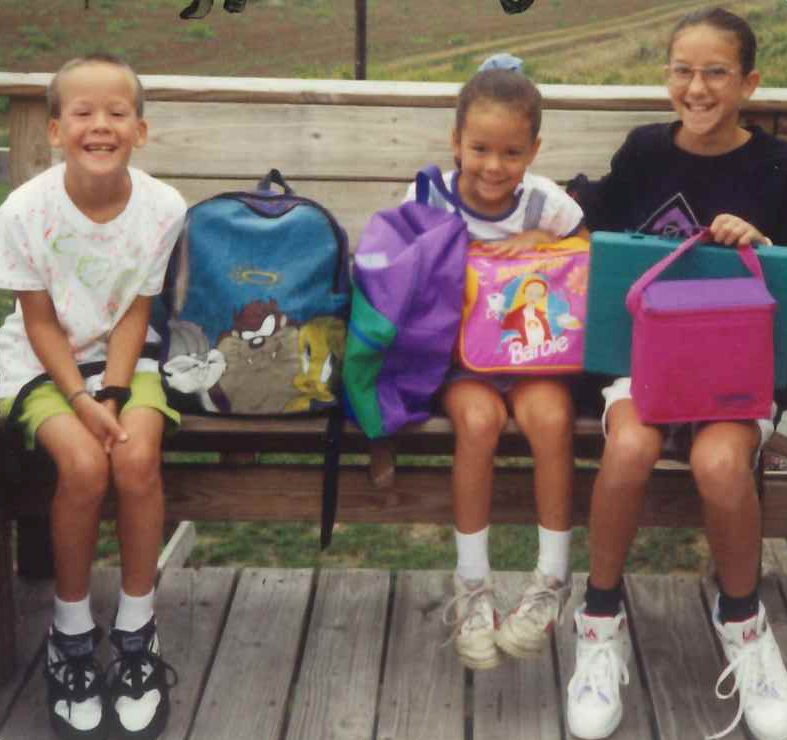
As a young fearless extrovert, I was giddy with excitement on my first day of kindergarten. I had been watching my older siblings ride on that big yellow bus for five years and wanted to join in the fun. Less than two minutes into my hour-long bus ride, I had compared lunchboxes with another girl and launched into a best-friend relationship that continues strong to this day.
I never expected my son to have the same experience I did, yet my daydreams also never included him starting school during a pandemic.
Our recollections of our own school experiences did not prepare us for the realities of the 2020-2021 school year. Decisions may or may not be a household’s to make. In-person, virtual, hybrid, homeschool co-ops or not, the educational experience is different. This COVID-19 time has impacted students, faculty, and staff alike. We see it ripple through how each classroom is set up, what teaching approaches are available, how different learning-styles are addressed, lunchtime, learning to read facial cues behind masks, and more time staring at an electronic screen, and/or more time at home.
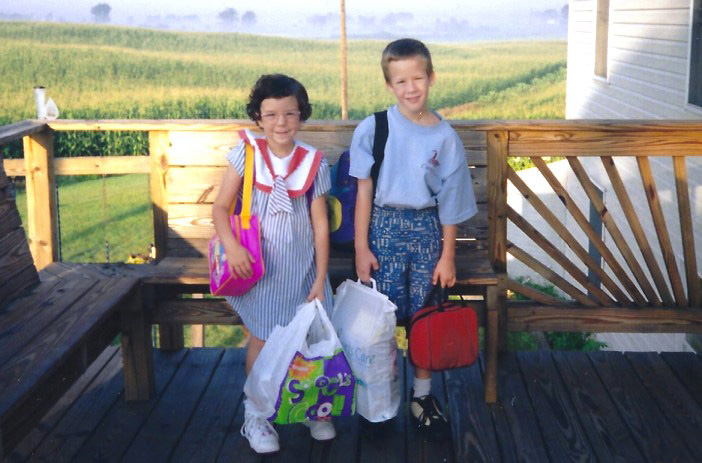
This is a call to prayer for all students and faculty for the 2020-2021 school year. Lay our personal viewpoints and agendas down. This is not that prayer time.
Sit at a shoe rack and pull on any student and/or faculty member’s shoes and mentally prayer walk in them. Not just the first dutiful-mile, but walk that second uncomfortable mile as well. Then pause … and take note of how your soul is calling out … offer the prayer of your soul before the Lord. The place you are standing is Holy Ground. Yes, Holy Ground, God is present.
We can and should allow space to grieve the change. Some days will be easier than others. This school year is different and may change its rules 1,000 times, but how are you breathing Life, Hope, and Joy into a student, teacher, school staff, or parent?
“Neither do people light a lamp and put it under a bowl. Instead they put it on its stand, and it gives light to everyone in the house.” (Matthew 5:15, NIV) This school year, with renewed vigor, take the Light out from under the bowl and set it out to light the classroom. Pray the beatitudes from Matthew 5 over educators and students. Send acts of love throughout this school year.
We have not been promised freedom from hardship, but we have been promised that we will not be alone during hardship. God is with every student, teacher, and staff member. With the Holy Spirit, we are the faith community sharing the burdens and joys of this school year together.

